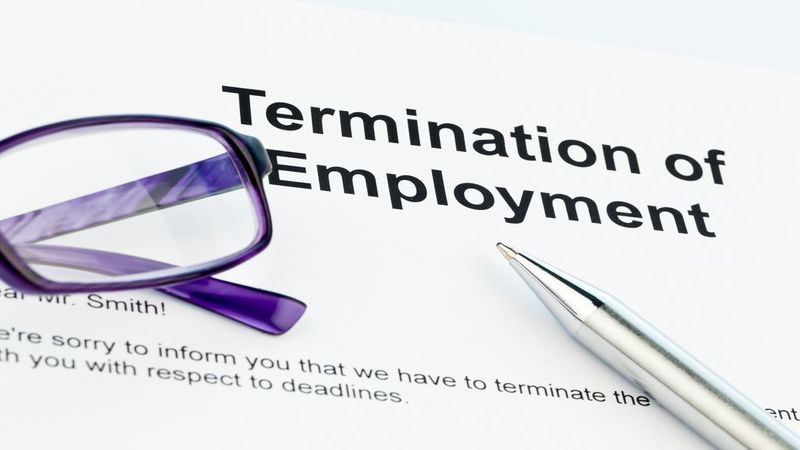The number of elderly Americans is on the rise because many baby boomers are reaching senior status. Consequently, there will be a great need for quality nursing home care. However, a study of 2,000 nursing homes shows that 44 percent of residents have been abused. Approximately 95 percent of residents report incidents of neglect. The government believes nursing home abuse occurs more frequently but often goes unreported, that is why it is essential that family members investigate facilities before placing individuals. Abuse and neglect complaints should be on file with the state government.
Victims of abuse may have a claim for malpractice. Malpractice involves a deliberate act of negligence by someone who works for the nursing home. Further, the action must be one that can harm a resident physically, mentally or in some other way. If you or a loved one are victims of nursing home malpractice in Pittsburgh, contact an attorney. Call the experienced attorneys at Thomas E. Crenney & Associates, LLC to investigate and file a claim on your behalf, if necessary. Signs of abuse include bedsores, infection, malnutrition and falling. There have been reports of residents being forced to walk, and many of these residents walk with much difficulty and often fall. Surgery may be necessary and that is risky for an elderly person.
Nursing home malpractice in Pittsburgh also includes medication errors. Indeed, there are many reports that nursing home patients are not given adequate pain medication. There are other types of malpractice including financial, which can occur when the staff steals from patients or steals their identity. Nursing homes owe residents a duty of care that includes making sure that employees are adequately screened. Cases have been reported where people with criminal backgrounds were employed. The facility is guilty of malpractice if the employee harms a resident. If a nursing home accepts Medicare, they must follow federal guidelines, and one of the guidelines requires that residents have assistance devices at their disposal. Unfortunately, this guideline and others are often abused by the workers in a nursing home. Most states have a two-year statute of limitations for malpractice cases, so interested people should consult an attorney as soon as possible.







